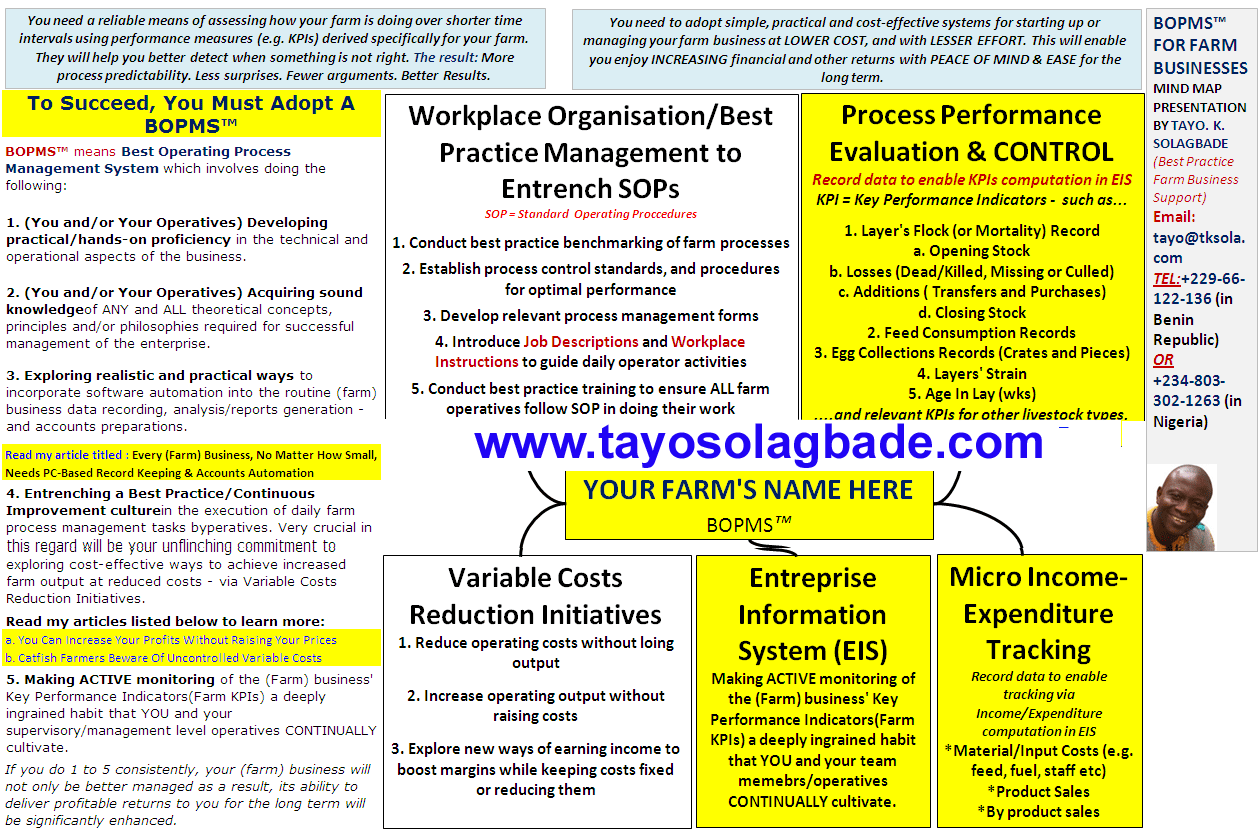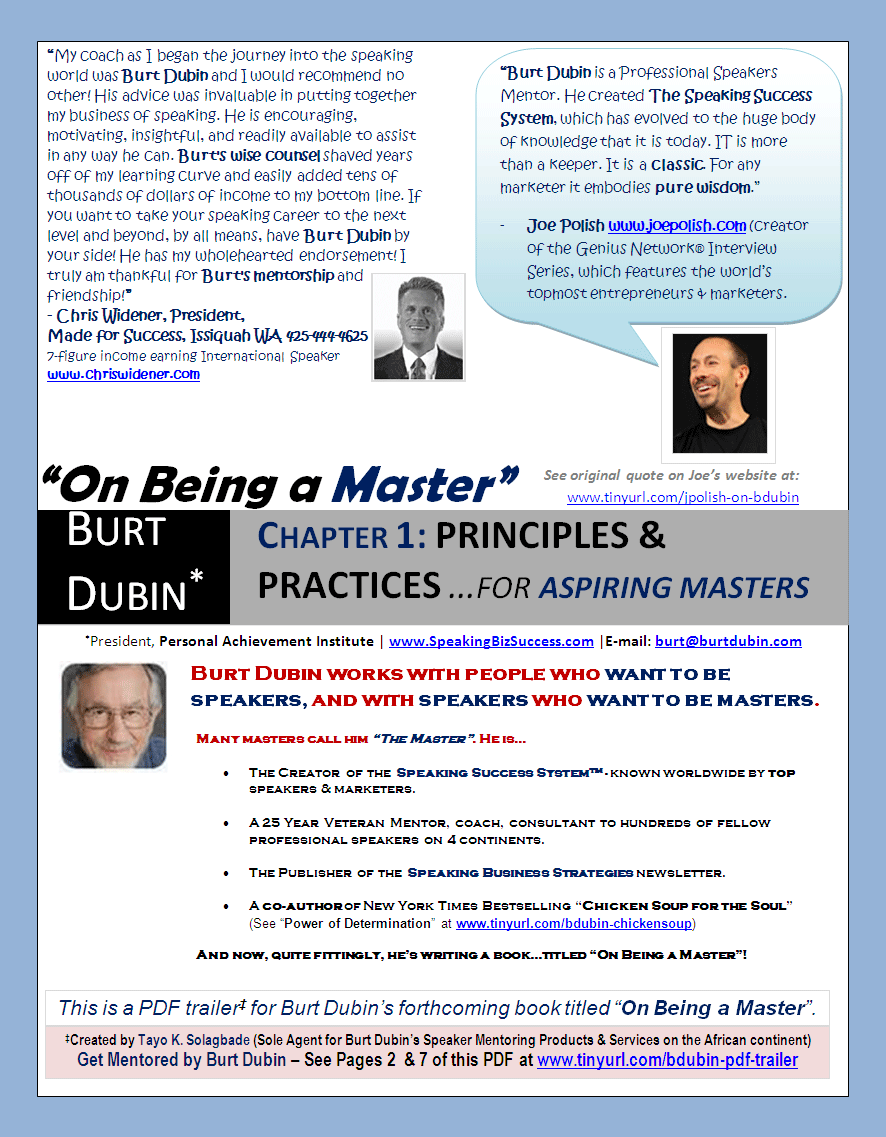![[PDF] He Called Me Voleur! - Click to download PDF version of this article and read offline](http://tayosolagbade.com/sdnuggets/wp-content/uploads/2013/10/He-called-me-voleur-COVER-3dOK.jpg)
In this article, I discuss one big mistake some non-Nigerian Africans seem to be making in thinking about Nigeria. To do this, I share a true story about a Francophone African undergraduate in his 20’s, who called me a thief – and meant it. Why? Because he daily saw me typing away on an Internet connected laptop, and I never seemed to go out to “work”…LOL!
According to him, working that way (i.e. selling information products, custom Excel-VB driven software, web marketing systems development, and writing services online) was only possible in developed countries.
To him, that meant that I had to be engaged in 419 i.e. Internet scam business.
And since he already knew I was a Nigerian, that made perfect sense…LOL!
It did not matter what I showed him on my website, or where I told him I’d been (as detailed in my 11 page resume).
Indeed, the little effort I made, to educate him about potential opportunities awaiting him online, simply put him off. He repeated – angrily:
“Vous êtes voleur!”
Why Did He Say This? (Here’s What Led to Our Exchange)
Since I’d met him in April, he would once in a while ask me for money – and I’d give him. He was a student. Over 20 years before, I’d been on campus like him. I knew things could be tough for students, away from home.
That day however, I refused to give him money he asked for. This was because I’d noticed he never did anything useful with whatever one gave him. He spent recklessly, and also kept bringing a girl friend to sleep with, in a room he shared with the rest of us.
He left, and we never talked about it. But he kept behaving the same way. I tried to ignore his excesses, but I felt I had a duty, as an older person, to set him right.
So, one day I called him, and told him what I saw. Then I warned about the uncertain future, in terms of a post-university job search – which he needed to prepare for.
He assured me countless jobs awaited him in the labour market of his country:
“It’s not like Nigeria, where you don’t have jobs. Isn’t that why you moved here?”
(NB: In saying the above, he failed to recall what I’d told him in the past: That my clients were either foreigners based in his country, or who connected with me online. I relocated to take advantage of the stable power supply and polity. In reality, most people in his society could not afford my services!).
I told him about a personal friend, who’d graduated for years, and – like many others – had been unable to secure a decent job, despite his qualifications.
(NB: This friend, today, manages a mobile phone shop for an expatriate owner…with a”university degree”. But he’s actually better off than most others!)
My young friend countered that God would not let him have such an experience…!
I asked him if he thought that he alone knew “God”. In addition, I asked him, if all other graduates walking the streets, years after graduating, did not also pray to “God”, like he did (I actually meant to say “IF” he did pray – given his apparent lifestyle!).
That was where I hit a nerve.
He asked “What do you know about God? Do you even have a university degree?
He went on:
“Look, you’ve always questioned the usefulness of traditional formal education. Maybe you feel bitter because you did not attend university.”
He said the above, in apparent reference to what I’d told him, and his colleagues, about “schools killing creativity” – and why self-education must be embraced, even as one goes through school.
I’d never imagined I would have to show proof of my university level education to anyone!
(In my mind I said “Yepa. Chineke! This guy is challenging me to prove that I have a university degree? Mo baje!”)…LOL!
I was speechless for a few seconds, as I tried to think of how to express myself to get through to him.
You must understand that we were conversing in French, and I still struggled in some areas.
“How could he not know I had a degree, from all the time we’d spent together?” I wondered.
Then I remembered he was Francophone, and could barely read/speak/understand a word of English!
As a result, he would not have comprehended most of my website’s content, all the times he’d watched me updating it on my laptop. (I’ve been reluctant to use an online language translation service on my website, because of the absence of contextual interpretation – which can change intended meaning).
Then it also struck me that, he’d actually never even visited the website once, despite my telling him to!
As far as he was concerned therefore, I could be no different from Nigerians who came across the border to sell things in their country.
In fact, he said we were all the same, and that:
“Ghanaians speak proper English, while you Nigerians only speak Pidgin English!”
Proudly turning to his friend, he added:
“Yes. I was in their country. They don’t know how to speak good English. What they speak is Pidgin!”
“Where did he get that impression from?” I wondered.
A university level student thinking everyone in a country like Nigeria cannot speak “good” English?
“Incroyable!” I said to myself 
Then I remembered the story he told me of his one time visit to Nigeria, few years back.
During a long holiday period, he’d visited a distant relative in a remote part of South West Nigeria. They’d passed through Lagos on their way to and fro. And while there, they’d worked with locals and some farm hands.
You can imagine the calibre of people he must have spent his time with under such circumstances. The poor guy never got a chance to move around enough to “hear” anything but Pidgin English!
But drawing conclusions based on that, is NOT smart thinking expected of a “university undergraduate”!
I asked if he realised some of the most competent users of English, in Africa, were from Nigeria. I mentioned Chinua Achebe, Wole Soyinka and others.
He had no clue who they were. And he bluntly told me:
“Forget it. You people can’t speak good English, In fact I speak better than most of you!”.
All this from a guy who needed my help to translate a 300 word message from French to English? That day, because (again) he had no money, I had to use my personal bulk SMS mailing account, to send it to his relative’s mobile number in Nigeria. The latter called him within seconds of receiving the message.
That happened less than a week earlier. So it was not that he’d attended some crash course in English, to justify claiming he could speak English. He was simply deluded (for want of a better word)!
And that was when I knew I was wasting my time with him.
The Entire Exhange Pointed Me to One SAD Realisation
Many young Africans (even some adults) in Francophone Africa, have no inkling of what the web can do for them. They are all so closed up in their ordered, and stable societies. So much so, that they do not know using their creativity online, can have a direct impact on their income earning capabilities.
What’s more, they fail to realise they can START NOW, and need not wait to finish from school!
NB: I said “many” have this wrong orientation. I did NOT say “all”. That means I accept that there are exceptions. And I’ve met a number 
This is Why I’m Glad, and Proud, That I Was Born & Raised in Nigeria!
I do not mean to claim superiority over any other nationals. I repeat: my purpose here is NOT to put down people from other nations. Doing so, would serve no intelligent or useful purpose.
However, I believe the propensity of Nigerians to adopt – and make productive, income generating use of PC and Internet technology, is unparalled in Africa.
This is my considered opinion, based on years of experience, and careful observation.
The average Nigerian’s level of Internet awareness, outstrips that of most other Africans – especially in West Africa.
Do I have any specific statistics to back up my claims? Not any that I personally compiled.
But I’ve travelled quite a bit over the years, and actively interacted with people from different parts of Africa, and the world.
In addition, through my web marketing, over the past 10 years, I have related actively with people from various parts of Africa, and beyond.
The truth is that the rate of adoption of PC and Internet technology, for personal and business use, is phenomenally high in Nigeria.
Many surveys published about technology, social media, mobile phone usage etc in Africa, also attest the truth of what I’m saying here.
The only thing holding Nigeria back from using the above strengths, to realise its full potential as a true giant, is its shaky leadership.
BUT…and this is a big BUT…
…The mistake I see some other Africans making, is that they seem to think that Nigeria’s problem will never be solved. And as a result, they believe their economies will keep enjoying influx of EXTRA income, resulting from Nigerian/foreign owned solo-entrepreneurs and “companies” based in Nigeria, relocating to their countries.
Some even seem to take delight in using the “poor reputation” of Nigeria/Nigerians, to discredit honest Nigerians making productive use of the web, to earn a living – LIKE ME.
Well, for anyone guilty of the above, here’s some friendly advice: STOP doing that, and start thinking what you’ll do when things change!
I say this because WHEN (NOT if), Nigeria sorts out its leadership problem, its people will turn its fortunes around in the twinkle of an eye, making it a global leader.
That’s how self-empowered and ready Nigerians are. (NB: The Keyword is: “Self-empowered”!)
By then, Nigeria WILL become a safer and more cost-effective destination for investors. More Nigerians will also stay back and/or return home to do business. AND, as a result, Nigeria will start keeping more of the money generated by its businesses within its borders.
Remember: Nigeria is the largest market in Africa. So that’s a lot of money we’re talking about here!
I doubt the same can be said for many African countries – especially in West Africa – whose manpower remain grossly un-empowered. They’ve remained like that, despite the relative peace, orderliness and stability of leadership, and infrastructure they enjoy in their mostly smaller economies – compared to Nigeria.
Can someone please tell them to wake up, and do MORE, with what they have currently going for them! PLEASE!!!!
FINAL WORDS
I know. It’s true that many Nigerians seem currently more disposed to doing wrong, to get what they want.
But that’s just a phase.
With the growing number of “honest” positive change agents fighting to set Nigeria right, such Nigerians will eventually adopt positive avenues that will be created, to achieve their goals.















